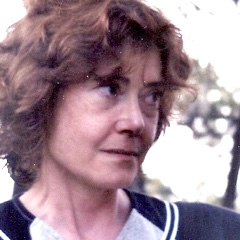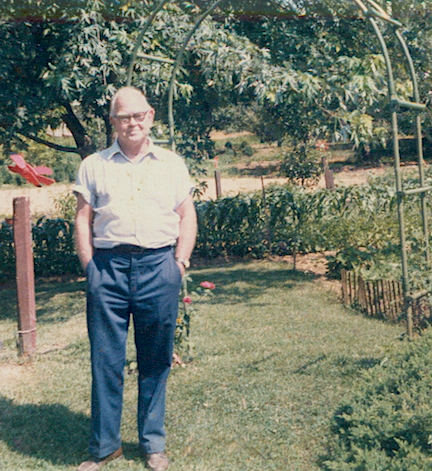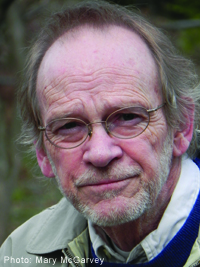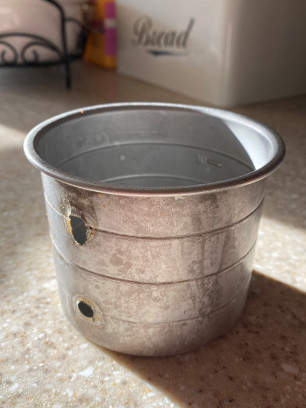With Every Shining Wish
Remembering poet Diann Blakely
Diann Blakely introduced herself to me at the Bread Loaf Writers’ Conference, which we were both attending, in 1985, because she had learned that I was teaching at Vanderbilt. She and her husband were preparing to move back to Nashville, where they’d both been graduate students at Vanderbilt. Native Southerners, they’d been living in Cambridge as he attended Harvard Law, and I think Diann was apprehensive about returning to the South. She liked the Northeast and preferred being a Southern writer there to being one in the South.
 Once they moved to Nashville, she and her husband became our friends, and for many years, until their marriage ended, we spent time together. My wife and I had two young daughters, and Diann had a special interest in them as they grew up in the South. About a month ago, going through the children’s things now that they’re grown up and living on their own, I found a copy of Diann’s second book, Farewell, My Lovelies, inscribed to my younger daughter. Diann had written, “For Zoë, I feel lucky to have witnessed your coming-of-age—with affection and every shining wish for your future, Diann.” Looking at the inscription now, and looking through the book again, which I think includes her best poems, I am moved more than I can say.
Once they moved to Nashville, she and her husband became our friends, and for many years, until their marriage ended, we spent time together. My wife and I had two young daughters, and Diann had a special interest in them as they grew up in the South. About a month ago, going through the children’s things now that they’re grown up and living on their own, I found a copy of Diann’s second book, Farewell, My Lovelies, inscribed to my younger daughter. Diann had written, “For Zoë, I feel lucky to have witnessed your coming-of-age—with affection and every shining wish for your future, Diann.” Looking at the inscription now, and looking through the book again, which I think includes her best poems, I am moved more than I can say.
Diann struggled with the legacy of being a Southern woman and poet, and I think she would have preferred to have been otherwise, perhaps a Boston Mandarin like her mentor, Helen Vendler. Confronting her heritage and making a conscious effort to be the poet she felt she ought to be are, I think, her most important achievements. When I met her she was writing the short, witty, occasional poems that would go into her first book, Hurricane Walk. Later, with the influence of the Vermont M.F.A. program, and in particular the brilliant Lynda Hull, she was able to become both a better writer and a poet of larger ambitions and greater accomplishments—a poet who embraced her Southernness, with all its complicated implications.
She made herself an authority on contemporary Southern writing. She made herself the writer she became. Most of what she did seemed deliberate, except possibly for what, in a state of chronic illness, she could not control. After her marriage ended and she moved away to Georgia, it was harder and harder to stay in touch with Diann, and yet only about a month ago I had a very pleasant exchange with her via email which reminded me of her generosity, her love of poetry and other poets, and the intensity of her friendship. She could be an unsettled and unsettling personality, and I hope that she is at peace.
[To read more from Chapter 16 about Diann Blakely, click here.]

Mark Jarman, Centennial Professor of English at Vanderbilt University in Nashville, is the author of eight collections of poems, a book-length poem, and two collections of essays on poetry. His most recent book, Bone Fires, appeared in 2011.


